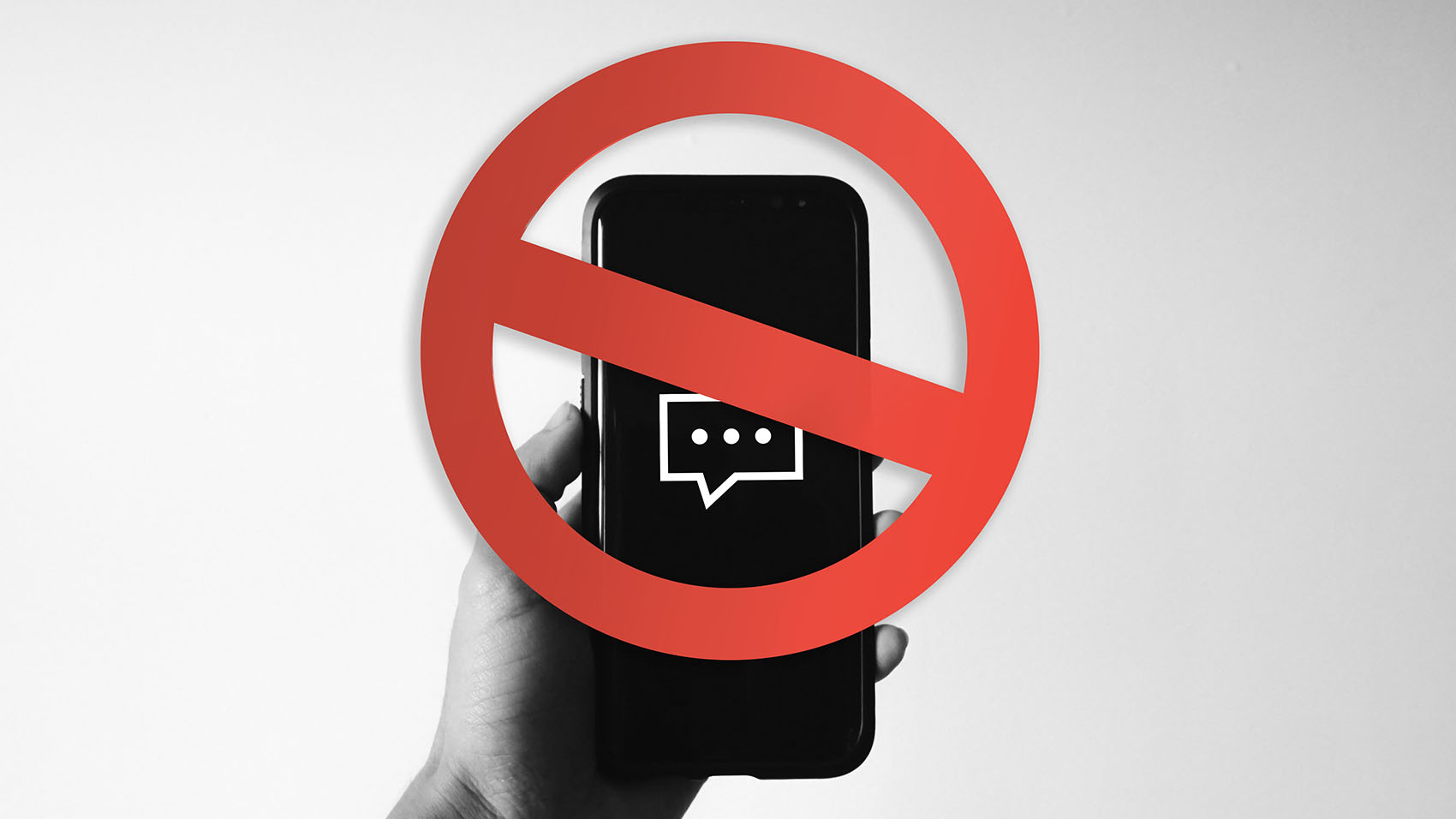
No matter how noble the pursuit, every ban—whether at work, in politics, or elsewhere—always ends in the same confusing fashion: With more of the prohibited activity, not less.
This principle holds true across disciplines, not least of all, in finance, with bans on texting. As unfortunate as it seems, we’ve now had more than a decade to observe companies enforcing no-texting rules and it has become clear there is more texting than ever. The trouble is, because it’s illicit, employees hide it and companies can’t track it.
To prohibit, then, is merely to propagate, and bans are a big part of why 80% of all corporate communications are “dark” and unrecorded. Employees, it seems, want it that way.
Outright bans create black markets
For a dramatic illustration of this principle, we need look no further than the most audacious ban in American history—prohibition—where the country banned liquor and wound up with far more of the stuff.
At the start of prohibition, liquor consumption fell sharply, by 20-30%. Politicians and prohibitionists applauded themselves. Then consumption quickly doubled. Not only was there more liquor in the U.S. at the end of it, but nearly every ill the amendment was conceived to address was intensified. Alcohol-related homicides rose by two-thirds. It birthed a sprawling network of criminal enterprises and offered an entire generation of otherwise law-abiding people their first taste of illegality. Many found it was to their liking.
Texting bans at work are assuredly far more benign. But in consequence, they are equally counterproductive.

Tell your employees that they cannot text and some may listen. Texting may decline briefly. But when 85% of customers would rather text than call, advisors, traders, wealth managers, and all category of client-facing individuals will find themselves caught between a rock and a hard place: Do I please my clients by replying to their text or annoy them and risk removal from the account?
Many of them will—and do—opt to roll the dice. And anyway, these individuals see policies for what they are. Policies do not prevent an activity. No firm can physically block advisors from texting clients from their personal phones. Instead, policies are merely a promise of punishment. The burden is on the corporation to catch them, and while it’s stressful to know you’re out of compliance, it’s far more stressful to know you’re at risk of missing your number and losing your job. Hence the profusion of the use of WhatsApp despite all the bans. And once they see it work with one client, they will use it with others. And once their peers notice, it spreads.
Bans may feel satisfying. They may appear like a fix. But if we are to judge them by their effects rather than their intent, it’s clear that texting bans are little more than “compliance theatre” and were you to propose that you wanted more illegal texting, your most efficient route there might be to announce a ban.
As one pundit has put it, “To say there should be a law against a thing is often no more than saying there should be a spell against it.”
What should firms do instead of texting bans?
The same thing that followed prohibition: Permission paired with regulation. Find technologies that allow you to permit texting, but capture it for compliance. It’s the only real rational thing to do. Clients increasingly demand such a flexible experience, and when texting isn’t illicit, you suddenly gain visibility into all that is happening.
When texting is permitted through a gap-free compliant communication tool, compliance teams can even put automatic safeguards in place. If advisors try to send a text containing a phrase that violates SOX compliance, you can automatically block it. If they text an account number, you can redact it. Centrally, you can see what everyone is doing and when doing the right thing is both easier than doing the wrong thing and not illegal, you’ve got an organization that’s actually prepared to prove compliance.
None of this is possible under a ban. In fact, every day of the ban creates more and more risk. More critical conversations go unrecorded. And now that the pandemic-induced compliance holiday is at an end, regulators know it.
Tell a regulator you are compliant thanks to a texting ban and you can be assured they will know something is off. They’ll smell moonshine, and move in for months. But prove instantly and easily that you’re capturing all communications in a compliant manner? That’s more believable, and a way to ensure they don’t stay long.
If you take nothing else away, remember that to prohibit texting is merely to propagate it. But to permit it, counterintuitively, is how you eliminate all its risks.
We offer the automatic transfer of text messages and social messages into the customer’s archival system of choice, such as Dubber, Verint, Global Relay, NICE and more. Schedule an intro call to learn more!





